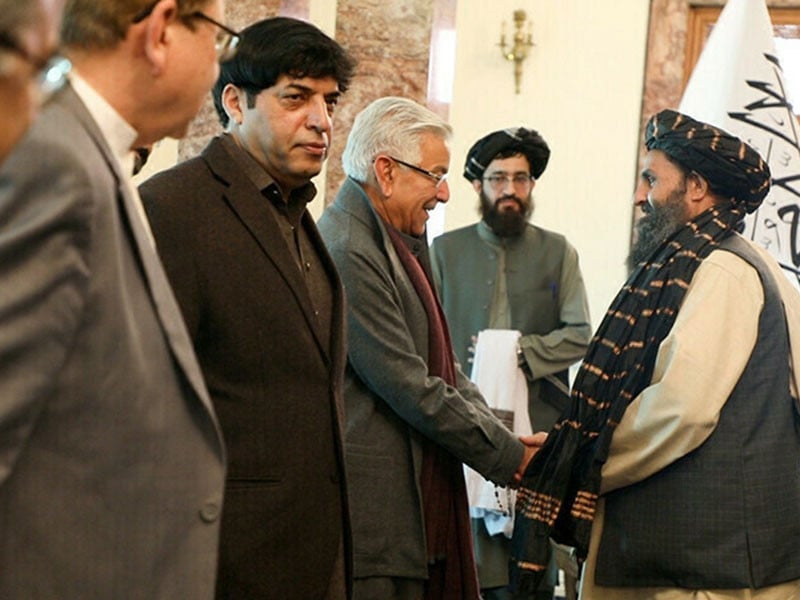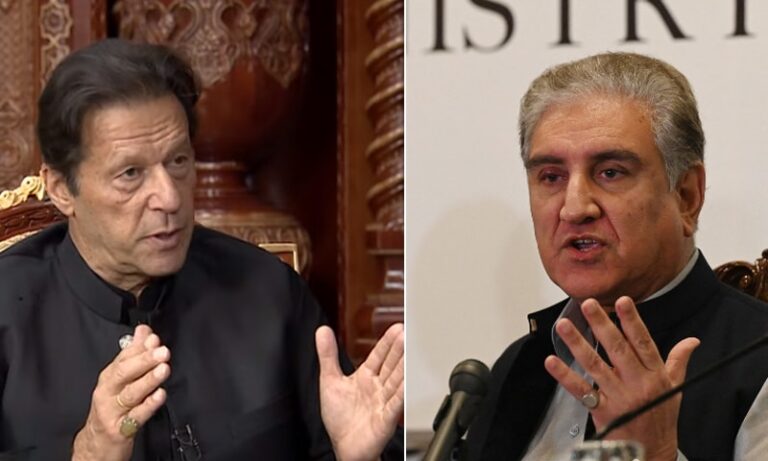Editorial
Dowry is a cultural practice in which a bride’s family provides gifts or money to the groom’s family as a condition of marriage. The practice is found in many cultures, including Pakistan. The cultural significance of dowry varies depending on the region and the people involved, but it is often seen as a way for the bride’s family to show their wealth and to support the couple as they start their new life together.
However, the practice of dowry can also have negative consequences. It can be used to exploit women and their families, as the groom’s family may demand increasingly large sums of money or gifts. This can create financial burdens for the bride’s family and can lead to the mistreatment of women who are seen as insufficiently valuable. Additionally, dowry is against the matrimonial rights of women, as it essentially commodifies them and treats them as objects to be exchanged for money or gifts.
In Pakistan, the practice of dowry has been linked to a number of social problems, including domestic violence, forced marriages, and even murder. The pressure to provide a large dowry can lead families to take on debt or to engage in illegal activities to obtain the necessary funds. This can have far-reaching consequences for individuals and for society as a whole.
To address the negative effects of dowry, there have been efforts to regulate the practice in Pakistan. The Dowry and Bridal Gifts (Restriction) Act was passed in 1976, which prohibits the giving or receiving of dowry exceeding a certain value. However, the law has not been effectively enforced, and the practice remains widespread.
Young people in Pakistan can make a difference by refusing to accept dowry and by advocating for the regulation of the practice. By doing so, they can work to create a more equitable and just society in which women are not treated as commodities to be bought and sold.

















































